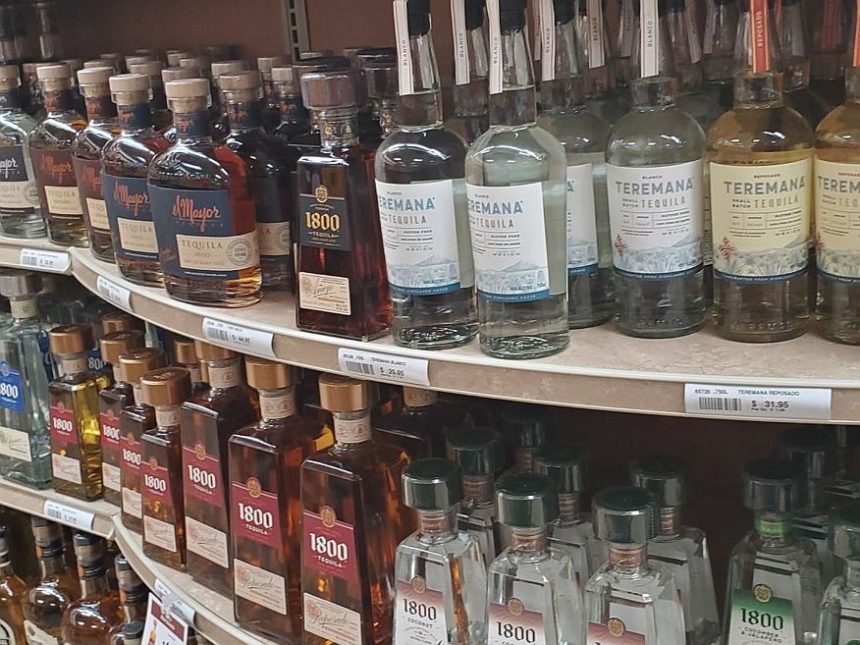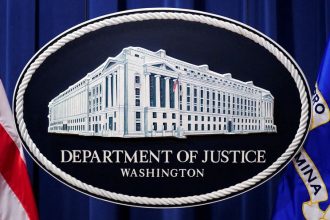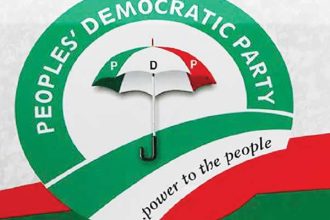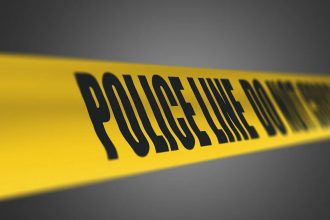North Carolina is one of 17 “control states,” where the government manages the wholesale — and often retail — sale of liquor. (Photo: Clayton Henkel/NC Newsline)
The debate over whether North Carolina should continue running its own liquor system came up again this week, as House lawmakers again weighed the system’s efficiency against the hundreds of millions of dollars it funnels to state and local governments.
State lawmakers have discussed ending the state’s liquor monopoly for years, but the idea has never gained enough political traction to move forward, largely due to pushback from social conservatives and local governments who rely on the revenue the ABC system generates.
North Carolina is one of 17 “control states,” where the government manages the wholesale — and often retail — sale of liquor. Several other states have loosened control in recent decades.
Washington voters approved a ballot initiative in 2012 to privatize liquor sales and end state control over retail and distribution. West Virginia leased its state-owned stores to private operators in 1990, and Iowa sold its state-run stores to private businesses in the 1980s while retaining wholesale control.
On Wednesday, the House Select Committee on Government Efficiency heard from Hank Bauer, chair of the state Alcoholic Beverage Control Commission, who defended North Carolina’s monopoly on liquor sales. He said the ABC system contributes $540 million to the state and another $170 million to local governments each year.
“We have the greatest system in the United States,” Bauer told the committee. “I have not found another state in the United States that gives more money back from their spirit system than what North Carolina does.”
Bauer warned that privatizing liquor sales would cost the state hundreds of millions in revenue and shift law enforcement costs now covered by local ABC boards.
“If we privatize, we’ll lose the $540 million we give back annually, and the $170 million local contribution would be 100% gone,” he said.
But some lawmakers questioned whether the state should be in the liquor business at all.
“The Libertarian in me says the state does not belong with its hand in the alcohol sales business,” said committee chair Keith Kidwell (R-Beaufort). He said the committee should study the “true cost” of privatization.
Kidwell also raised concerns about local oversight. “In my district, I can tell you, there’s a significant amount of cronyism in the ABC boards,” he said.
But Rep. Shelly Willingham (D-Edgecombe), a Democrat representing Bertie, Edgecombe and Martin counties, said the ABC system benefits local communities.
Willingham, who also serves on a local ABC board, said the money helps fund public services. “We give money to the library, we help feed the hungry,” he said. “Not only do we give money locally for some of the mental health programs, but statewide, we give money to the state’s mental health and human services agencies.”
The state ABC commission is seeking $210 million to $220 million to build a new warehouse, which Bauer said could increase revenue by improving distribution and storage capacity. The current facility, he said, lacks automation.
“We’re touching product five times before we get it to a [local] board. If we were private retail, we’d be out of business,” Bauer said.









